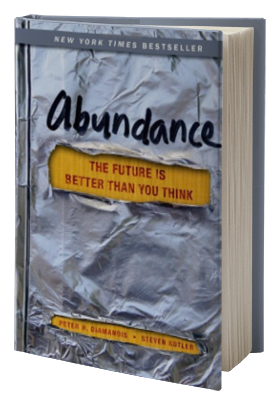
I like to listen to audio
podcasts. I use a lot of them for my own "professional
development". These include science as well as other types of
podcasts. One of my favorites is Science Friday. This is a two-hour
podcast that originally airs on NPR every Friday. I am at work when it is
on live so I subscribe and listen to the podcast. Sometimes I get behind
like I have this summer. I am just about to catch up now. One of the
shows I listened to aired originally in May and I finally listened to it last week.
It was on the importance of seeds. Ira Flatow interviewed three
people on this segment. One was Thor Hansen, the author of The Triumph of Seeds: How Grains, Nuts, Kernels, Pulses, and
Pips Conquered the Plant Kingdom and Shaped Human History. There is
an excerpt from the book on the Science Friday website.
The small section is very interesting and very well written. He is
a biologist and has written several books that look like I should read them.
The second section of the interview was with Cary Fowler,
(Advisor, Former Executive Director The Global Crop Diversity Trust)
and Sandy McLeod (Director/Producer,
“Seeds of Time”). They discussed a new documentary about the program to
try to save seeds and seed banks around the world. This goes along with an earlier Science Friday
interview with Fowler about the Arctic
'Doomsday' Seed Vault. This is a
seed bank located on an island about a thousand kilometers north of Norway. It
is a vault was dug into the side of a mountain.
It is surrounded by the mountain and a layer of permafrost.
These seed
banks contain important genomes that we may need in the future. A lot of the varieties in the banks are no
longer planted, but they may contain genes to resist drought and extreme heat that
we may face in the future with climate change.







